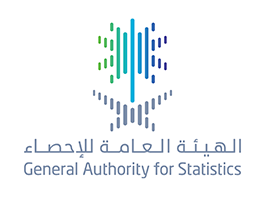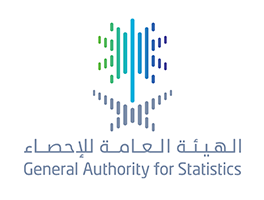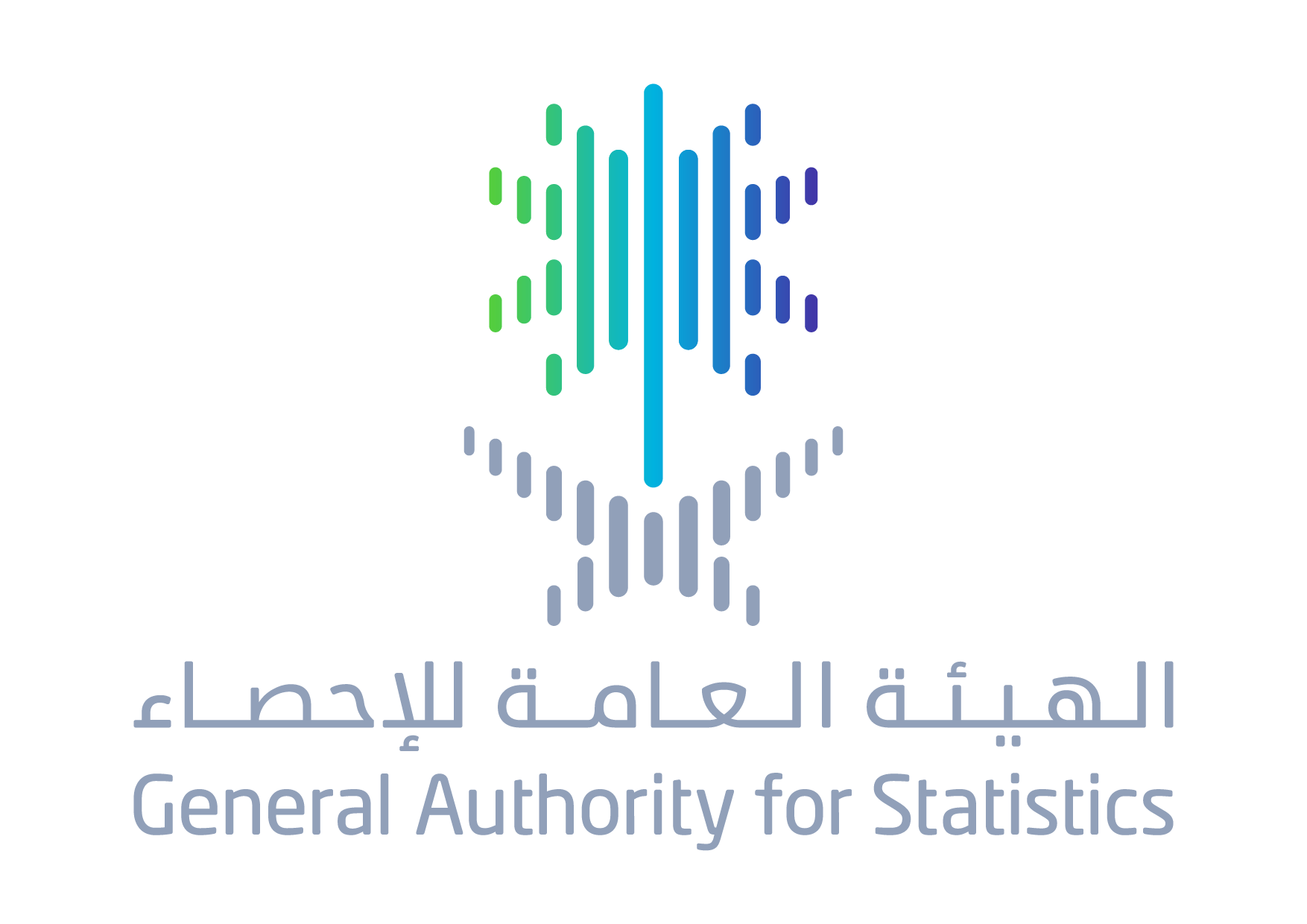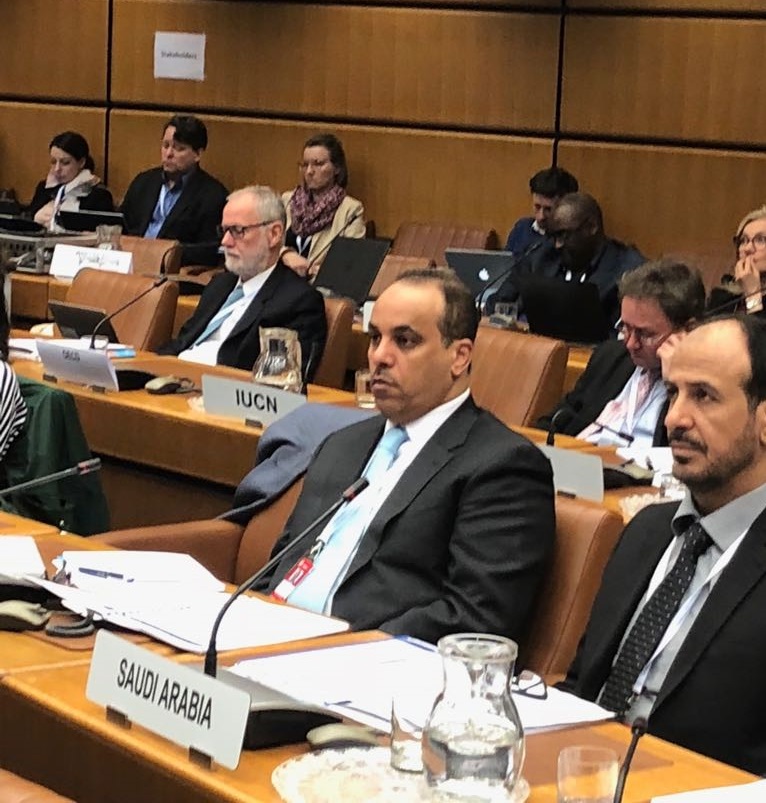GASTAT: Saudis’ economic participation rate increased, and unemployment rate remained stable
30-04-2018
Within the results of labor market bulletin, quarter 4, 2017
GASTAT: Saudis’ economic participation rate increased, and unemployment rate remained stable
The General Authority for Statistics (GASTAT) releases on its official website www.stats.gov.sa the Labor Market Bulletin for the fourth quarter of 2017, which provides comprehensive data and indicators on the Saudi labor market taken from the labor force survey conducted by the Authority on a quarterly basis, and from the administrative records of some relevant entities (Ministry of Labor and Social Development, Ministry of Civil Service, General Organization for Social Insurance, Human Resources Development Fund and National Information Center).
The results of the bulletin (third quarter, 2017) showed an increase in the economic participation of Saudis (15 years and older) as it reached (41.9%) compared to (40.7%) in Quarter 3, 2017, with an increase of (1.2%). The results indicated that the economic participation of Saudi females has increased by (19.4%) compared to (17.8%), whereas, Saudi males’ participation has increased by (63.4%) compared to (62.6%) in the third quarter of 2017. However, the results demonstrated a stability in the unemployment rate of the Saudi population for the third time, where it stabilized at (12.8%), the unemployment rate of all population (Saudis and non-Saudis) has registered (6.0%), with an increase of (0.2%) compared to the previous quarter. The results also showed a decline in the unemployment rate of Saudi with (31.0%) compared to (32.7%) in quarter 3. On the other hand, Saudi males’ unemployment rate has registered an increase by (7. 5%) compared to (7.4%) in quarter 3. Moreover, the results indicated that according to the administrative records of Saudi Arabia, there is a decline in the numbers of Saudi job seekers during the fourth quarter of 2017, as they reached (1,086,561) persons with a decline of (11.8%) compared to the third quarter of 2017. In contrast, the numbers of Saudi employed persons have increased by (3.3%) with (3,163,846) persons.
The bulletin included a large number of detailed data about workers according to the regulations they are subject to, nationality, gender, age, administrative region, and educational level, as well as data about job seekers, average monthly wage, working hours and domestic workers.
On the other hand, the official spokesman of the General Authority for Statistics (GASTAT), Taiseer Al-Mofarrej, clarified that when comparing the unemployment rate of total population ( Saudis and non-Saudis) in Saudi Arabia, which registered (6%) in this quarter, with the unemployment rates of the Group of Twenty (G20), we find that Saudi Arabia is in the average rate, as ten countries among which is Saudi Arabia has registered rates ranging between (4%) and (7%). The below table shows the unemployment rates of G20:
Unemployment rates in G20
Country
Unemployment rate
South Africa
26.7
Brazil
12.6
Italy
10.9
Turkey
10.8
France
8.9
Argentina
7.2
Canada
5.8
Saudi Arabia
6
Australia
5.5
Indonesia
5.5
Russia
5.0
South Korea
4.5
United Kingdom
4.2
United States
4.1
China
3.9
Germany
3.8
India
3.5
Mexico
3.2
Japan
2.5
Almofarrej added, the results of the labor market bulletin, Quarter 4, 2017 have showed the tendencies of jobseekers in the Saudi market, as the percentage of those who seek a government job reached 38%.
It is worth mentioning that GASATAT has previously clarified the difference between job seekers and unemployed, and that unemployment rate cannot be calculated based on the number of jobseekers that is registered in the databases of other government entities. The "unemployed" according to the Labor Force Survey are individuals (15 years and older) who were jobless during the period of the time reference (the survey period): the previous week of the household visit and have been looking for a job seriously during the four weeks prior to the household visit (they have at least taken one way to look for a job). This includes those who did not search for jobs during the four weeks prior to the household visit because they were waiting for a job or starting their own business in the coming period, where they had already been looking for work before the time reference period and at the same time they were able to work and were ready to join it (If available), during the week preceding the household visit.
Additionally, jobseekers can be defined as Saudi individuals (males or females) enrolled in the job search programs of the Ministry of Civil Service (Jadarah or Saa’ed) and the Human Resources Development Fund (Hafiz), and they register their personal data, qualifications, practical experiences and CVs through an electronic system.
Not to mention that job seekers in the administrative records are not subject to the internationally recognized standards and conditions of unemployment approved by the ILO, and therefore are not considered to be unemployed. Hence, not every job seeker is considered unemployed, S/he may be looking for work and is working in another job, this is the case in those who seek a government job and are working, for example, in the private sector and not registered in the records of the General Organization of Social Insurance (GOSI), as if there is a jobseeker and s/he works in the private sector and subscribed in GOSI, s/he ca not be considered within jobseekers in the labor market bulletin.







